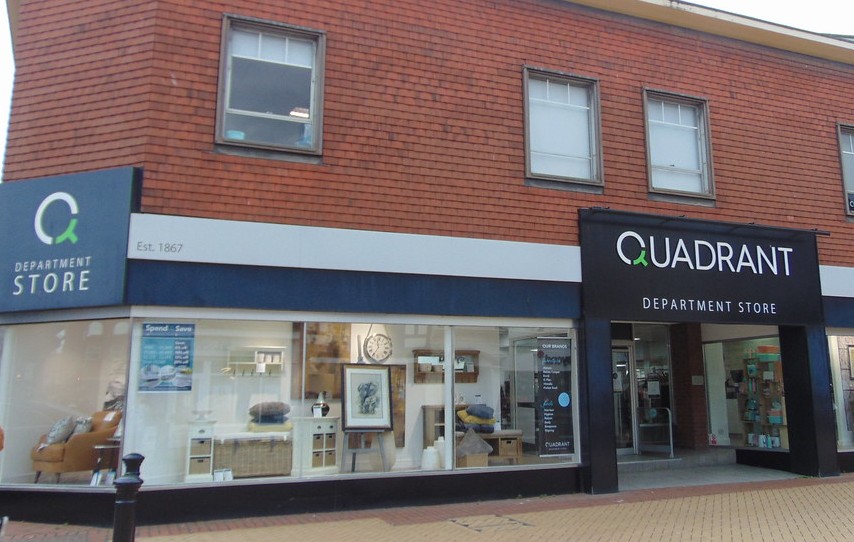Furniture prices rose slightly in November ending a run of fourteen straight months of easing prices as overall inflation decreased.
According to the latest Office for National for National Statistics (ONS) data, the Consumer Prices Index (CPI) rose by 3.9% in the 12 months to November 2023, down from 4.6% in October. On a monthly basis, CPI fell by 0.2% in November 2023, compared with a rise of 0.4% in November 2022.
Furniture and furnishing prices rose by 2.4% in November, up from 2.1% in October, while declining from 12.9% compared to the same month last year.
The retail price of household furniture increased to 2.4% in the month from a rise of 2.2%, while down from 13.2% last year.
Garden furniture prices rose 4.3%, up from 3.9% on last month and down from 13.5% compared to last year.
Carpets and other floorcoverings prices rose 5.7%, down from 7.7% the previous month, while also down from an 9.3% rise last year.
Other household textile prices, including furnishings fabrics, curtains and bedding, saw prices rise by 1.9%, down from 2.4% the previous month, while also down from 7.5% on last year.
Meanwhile, Producer Price Inflation (PPI) saw the rate of furniture output prices, factory gate, rise 5.4% in November on the same month in 2022. The rate was down from the rise of 5.5% in October.
Furniture input prices, material cost of production, were down -2.6% in November on the same month last year, down from a decline of -3% the previous month.
Producer input prices fell by 2.6% in the year to November 2023, unchanged from a fall of 2.6% in the year to October 2023. Producer output (factory gate) prices fell by 0.2% in the year to November 2023, up from a revised fall of 0.3% in the year to October 2023. On a monthly basis, producer input prices fell by 0.3% and output prices fell by 0.1% in November 2023.
Commenting on the inflation statistics for November, ONS Chief Economist Grant Fitzner said: “Inflation eased again to its lowest annual rate for over two years, but prices remain substantially above what they were before the invasion of Ukraine.
“The biggest driver for this month’s fall was a decrease in fuel prices after an increase at the same time last year. Food prices also pulled down inflation, as they rose much more slowly than this time last year.
“There was also a price drop for a range of household goods and the cost of second-hand cars. Factory gate prices remain little changed over the past year, while on an annual basis the change in costs that producers pay for raw materials and fuel was negative for the sixth consecutive month.”
Helen Dickinson, Chief Executive of the British Retail Consortium, added: “Inflation continued to fall as fierce competition between retailers helped hold down prices for consumers. With the eighth consecutive fall in food inflation and continued easing in clothing and footwear inflation, retailers are clearly working hard to deliver an affordable Christmas for households everywhere. Foods that saw falling prices included some dairy products such as eggs and butter, where lower energy prices fed through to supermarket shelves, while the price of bread and cereals and pork also fell. Meanwhile, sugar prices rose susbstantially due to lower supplies from dry harvests. Washing machines and cookers fell in price thanks to extensive Black Friday sales.
“There are many risks on the horizon for inflation in 2024. In April, retailers face higher business rates – costing retailers hundreds of millions – new EU border checks, and an increase to the National Living Wage. To keep inflation falling, it is vital that Government considers the cumulative impact of their policies – from its proposed deposit return scheme to its new packaging Levy – or the rising cost of doing business will undoubtedly filter back through to inflation.”















